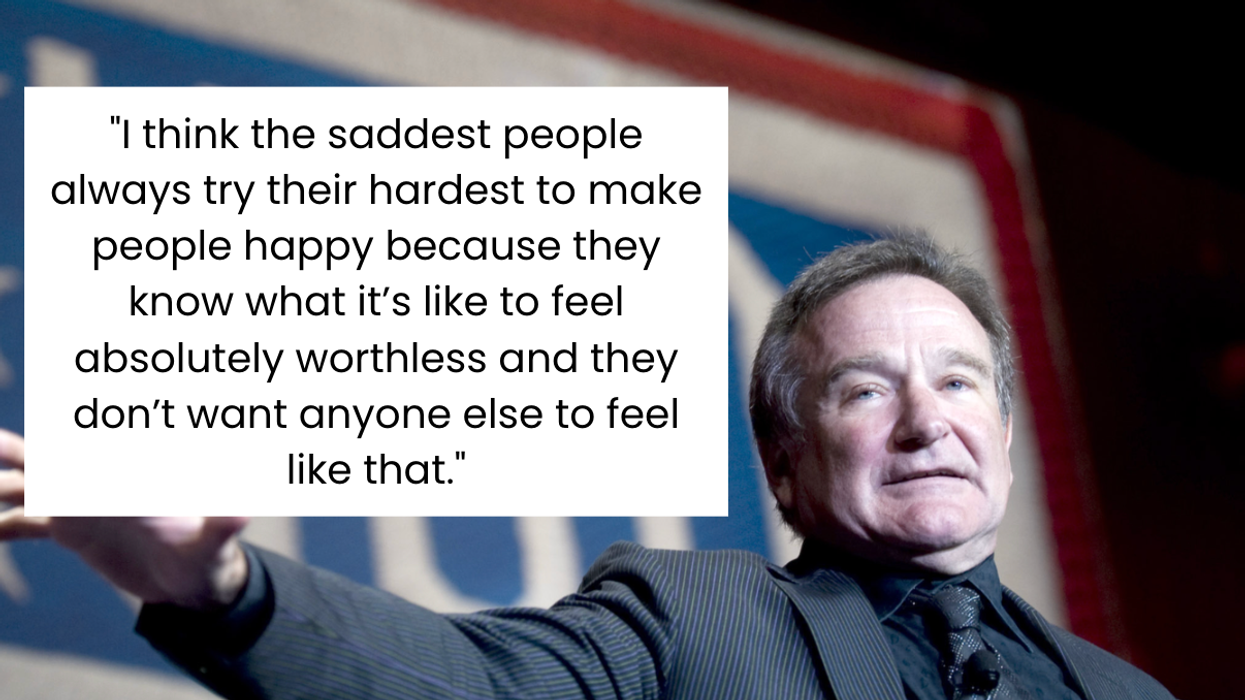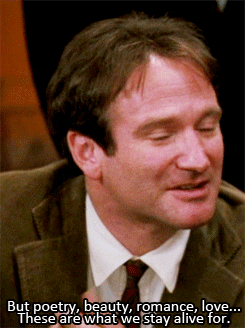I’d be lying if I wrote that I haven’t wondered — almost daily — if this whole social media thing is worth it. Most mornings, I’m greeted by Twitter and Facebook and then my palm slapping my forehead.
While I’m unable to break this ritual, one of the world’s top-ranked golfers, Rory McIlroy, just admitted he has. He’s logged off social media, and he doesn’t have plans to get back on.
“I don't need to read it,” McIlroy told reporters ahead of this week’s Irish Open. “It's stuff that shouldn't get to you and sometimes it does.”
The final straw for the 28-year-old was the online beef he had with former PGA champion Steve Elkington a few weeks ago, after McIlroy missed the cut at the U.S. Open, and Elkington hopped on Twitter to criticize him. The back-and-forth between the 54-year-old retired golfer and the current world’s #4 got a little chippy when the elder questioned the younger’s commitment. That did not sit well with McIlroy, who, by all measures, has had a far superior career to Elkington’s despite not yet reaching 30 years old.
Elkington made another cheap dig, saying McIlroy isn’t as great as the legendary Jack Nicklaus. Then again, not many who’ve ever played the game can measure up to the Golden Bear. McIlroy wasn’t going to let this notion that Nicklaus wasn’t motivated by money stand, so he hit back again.
Usually, our pro athletes aren’t this messy in public. And so this absolutely delighted the Twitterverse, who hurriedly memeified the exchange and declared McIlroy the clear winner.
Despite winning this online joust, it didn’t sit well with McIlroy. And that’s not just because something negative was said about him, but more because of how he reacted. He had let an insult get under his skin, and it brought out a side of him he didn’t like.
"I must have wrote that tweet and deleted it about five times before I actually sent it," McIlroy said. "I sort of regretted sending it at the end. I actually gave my wife Erica my phone and said, 'Change my Twitter password and don't tell me what it is.'"
So now, when you go to McIlroy’s Twitter page, you mainly see banal retweets or videos of charity meet-and-greets. It’s primarily a marketing feed for Rory McIlroy the corporation as opposed to Rory McIlroy the living, breathing human. However, it sounds like he’s pretty happy to quit social media cold turkey and have this distraction out of his life.
If only I were so strong.
















 Robin Williams performs for military men and women as part of a United Service Organization (USO) show on board Camp Phoenix in December 2007
Robin Williams performs for military men and women as part of a United Service Organization (USO) show on board Camp Phoenix in December 2007 Gif of Robin Williams via
Gif of Robin Williams via 
 People on a beautiful hike.Photo credit:
People on a beautiful hike.Photo credit:  A healthy senior couple.Photo credit:
A healthy senior couple.Photo credit:  A diverse group of friends together.Photo credit:
A diverse group of friends together.Photo credit:  A doctor connects with a young boy.
A doctor connects with a young boy.  Self talk in front of the mirror.Photo credit:
Self talk in front of the mirror.Photo credit:  Lightbulb of ideas.Photo credit
Lightbulb of ideas.Photo credit 

 Superstructure of the Kola Superdeep Borehole, 2007
Superstructure of the Kola Superdeep Borehole, 2007 

